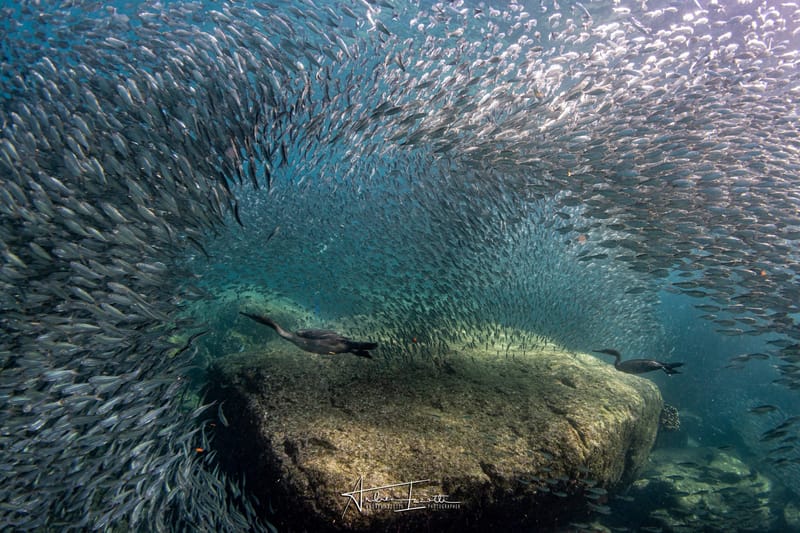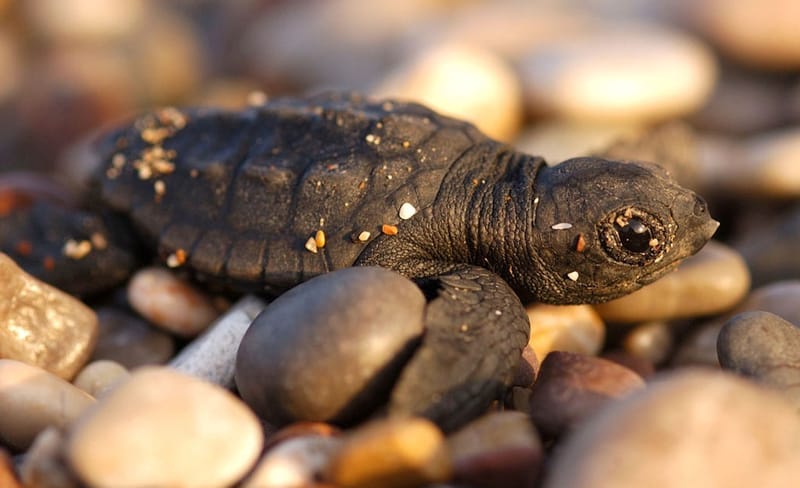80 million sharks killed each year by intensive fishing
WWF: alarming number, protection zone expansion and better fisheries management needed.
WWF called new data from a study published in the journal Science by Canada's Dalhousie University alarming. Intensive fishing is destroying marine ecosystems, and the growing number of sharks and rays victimized by the practice is yet another testimony to this.
From the 2012 census, which counted 76 million fish killed on average each year-through targeted fishing or bycatch-this rose to 80 million in 2019, a worrying 5 percent increase in 7 years.
"Sharks are among the most threatened animal species in the world. However, the number of animals killed has increased dramatically due to intensive fishing. We urgently need better controls at sea and along the supply chain, and we especially need to protect important areas for sharks such as nursery and spawning grounds," urges Simone Niedermüller, shark expert for the WWF Mediterranean Marine Initiative.
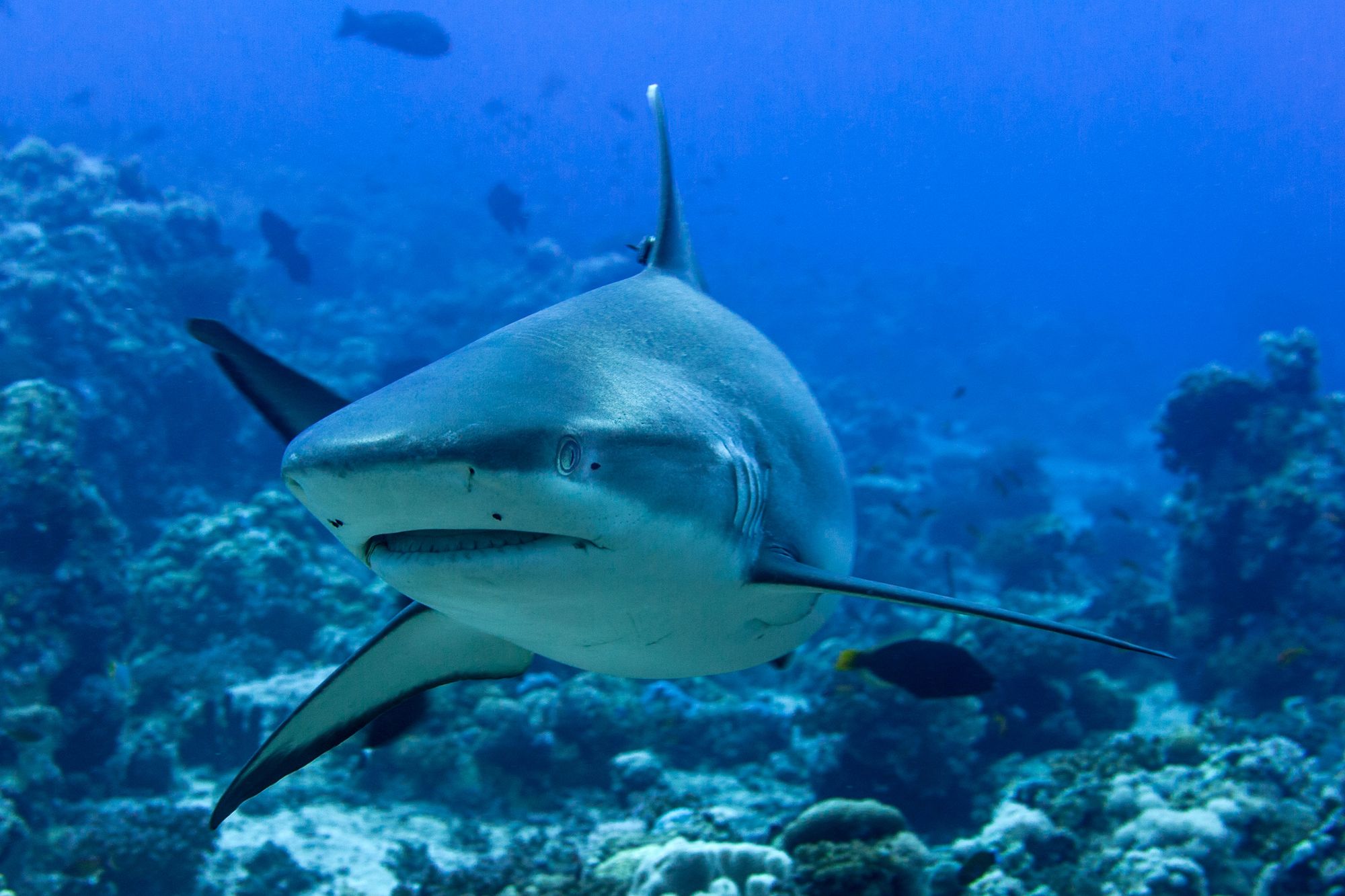
Sharks play a key role in maintaining the balance of the marine food web and make an important contribution to CO2 sequestration in the oceans. All the more reason to protect them and exclude them from the food list, where they often end up there-and not only in Asian countries-unbeknownst to the consumer, as Giulia Prato, WWF Italy's marine manager, explains "Shark meat is also consumed in Europe; in fact, according to the study, Italy is one of the largest consumers of shark meat, which also often ends up hidden on plates under a false name."
The most alarming finding from the study is that 30 percent of the species killed are threatened. "The results of the study clearly show that current protection measures are not effective enough. Even when fishing is banned, sharks often end up in nets or longlines as bycatch and are then thrown back into the sea dead or dying," says Giulia Prato.
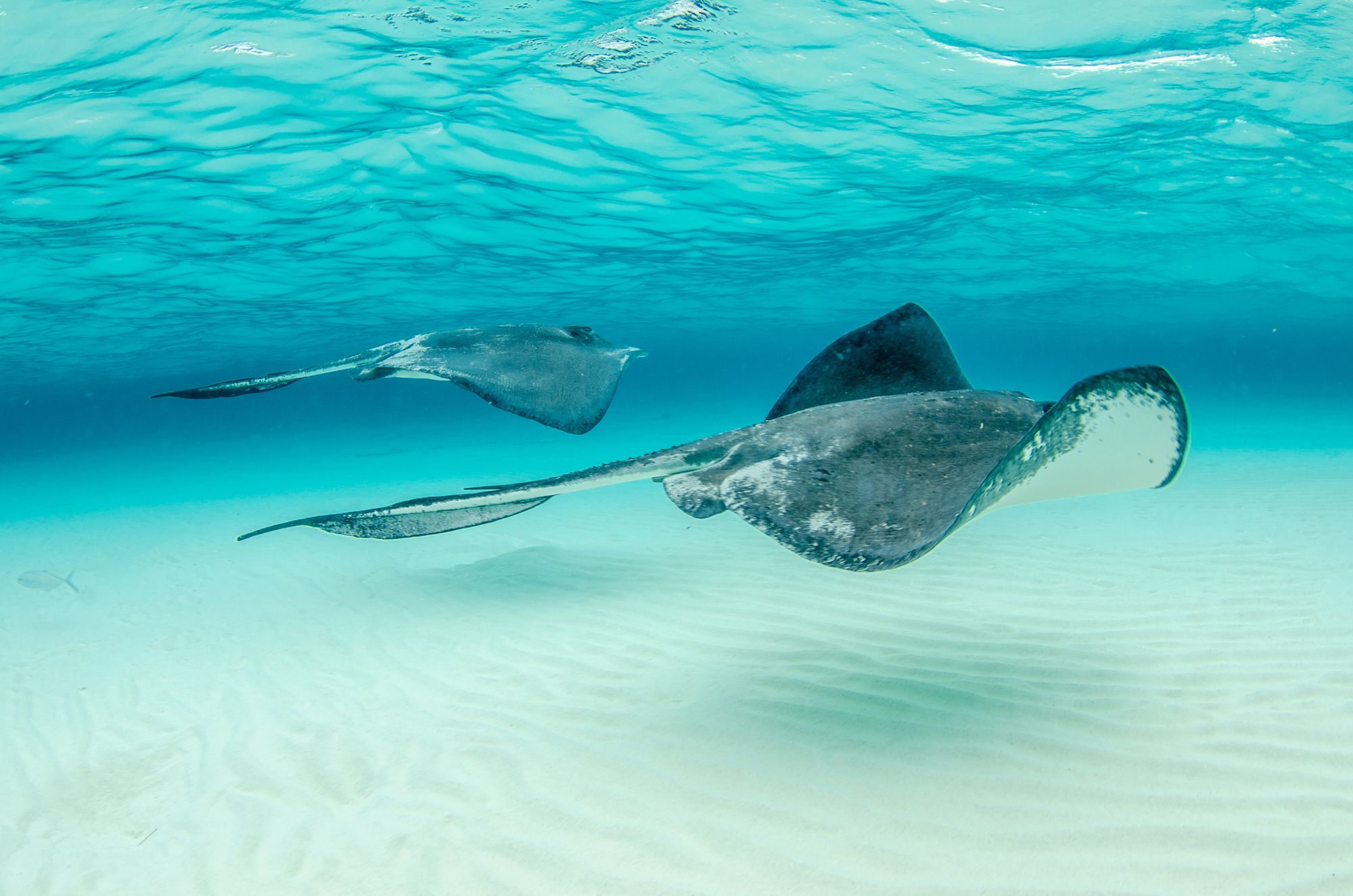
Imperative, according to WWF, is a restriction on the harvesting of sharks and rays and their massive trade globally, avoiding the purchase of shark meat and shark products, but also educating fishermen, traders and authorities in charge of monitoring species identification and current legislation, and demanding proper and more transparent labeling.
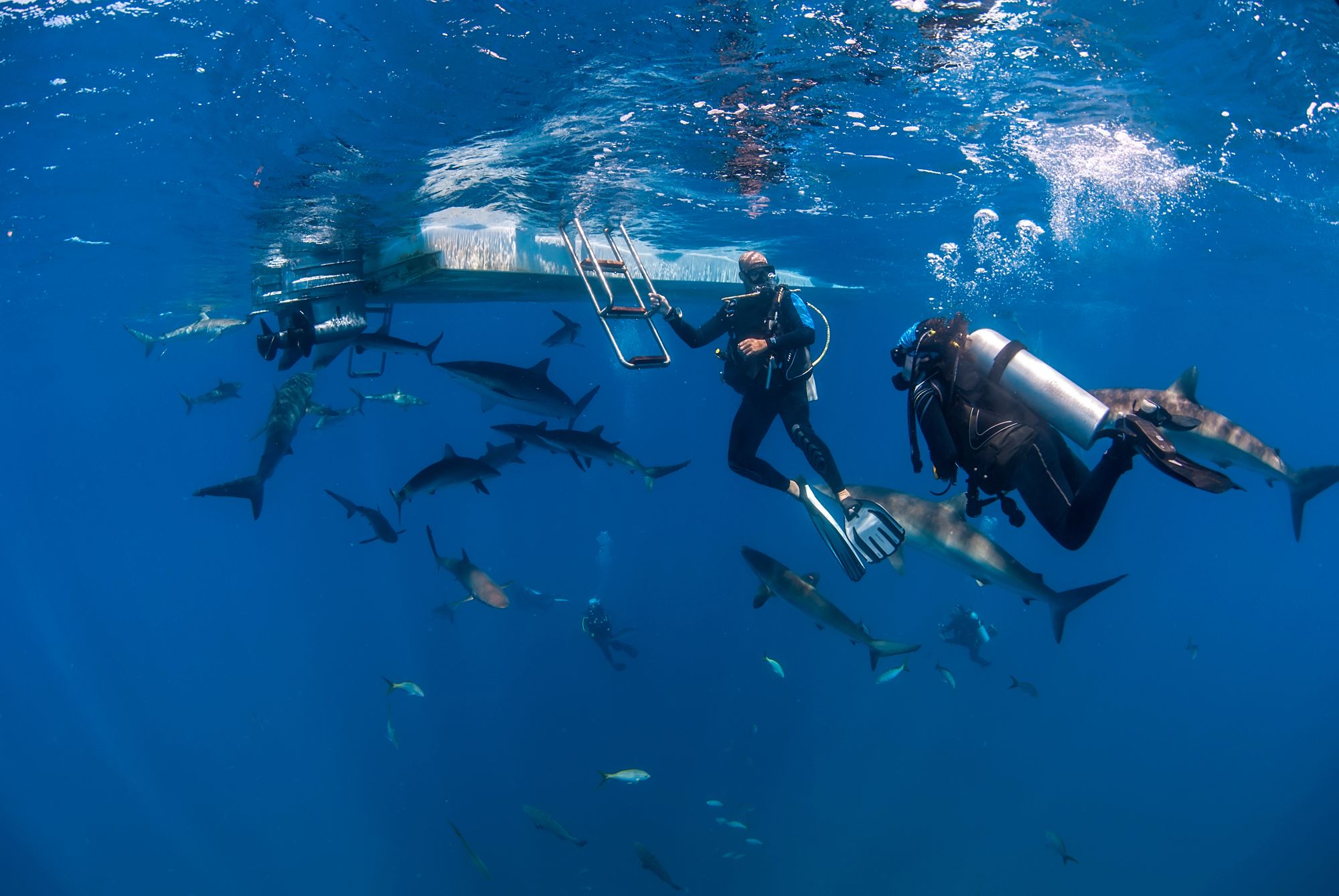
"Sharks are not caught for their fins alone, so fisheries management must go beyond prohibitions on finning (the cutting off of fins that occurs before throwing the now dying animal back into the sea) and the protection of individual species. In addition, regional and local characteristics as well as fishermen's involvement in animal protection must be taken into account.", Simone Niedermüller concludes.





